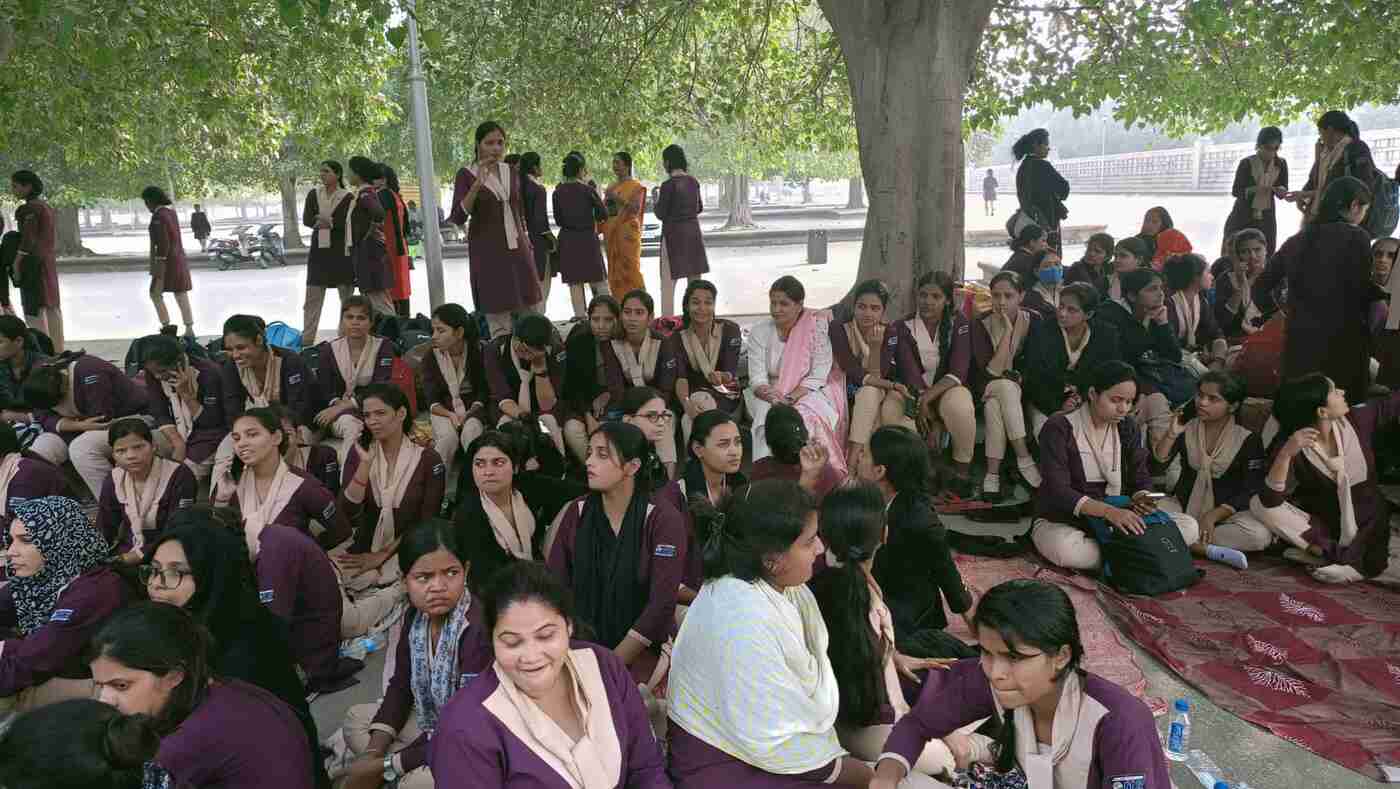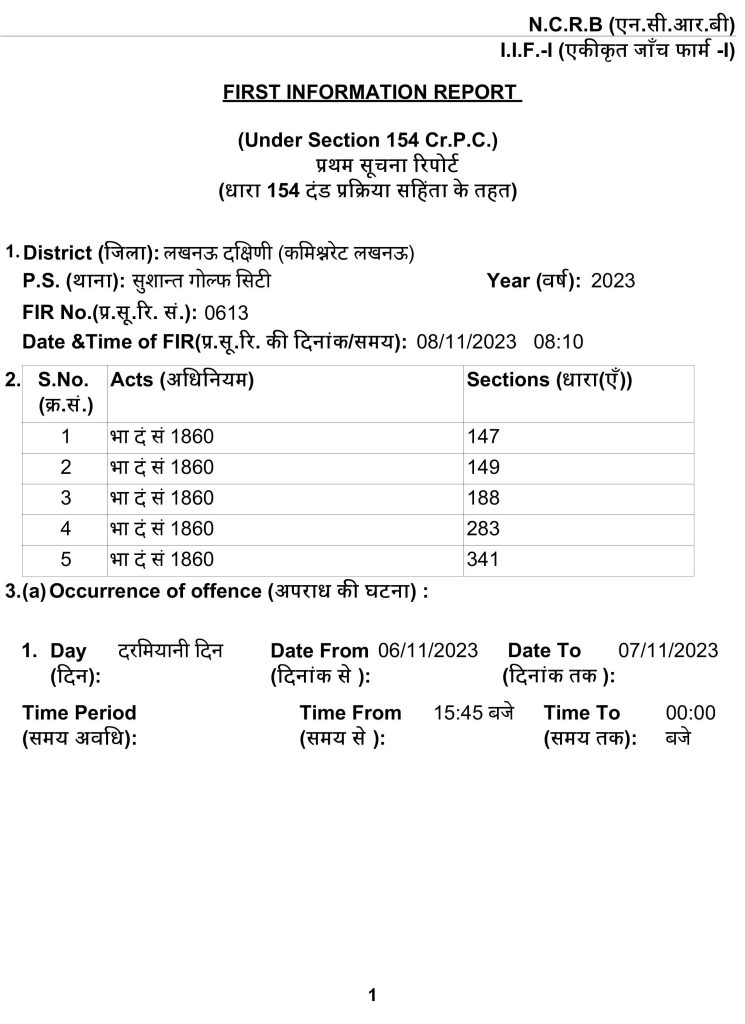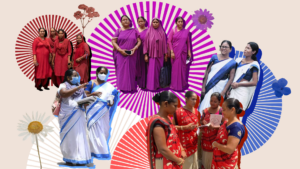[Readmelater]
‘We Are Being Intimidated For Seeking Job Security And Fair Wages’
There are growing instances of criminalisation of women workers protesting for better work conditions and wages. After ASHA, Anganwadi and Mid-Day Meal workers, this is happening to the communications workers at Dial 112 in Uttar Pradesh

Dial 112 employees protesting at their headquarters in Lucknow. Image credits: PTI
Support BehanBox
We believe everyone deserves equal access to accurate news. Support from our readers enables us to keep our journalism open and free for everyone, all over the world.





